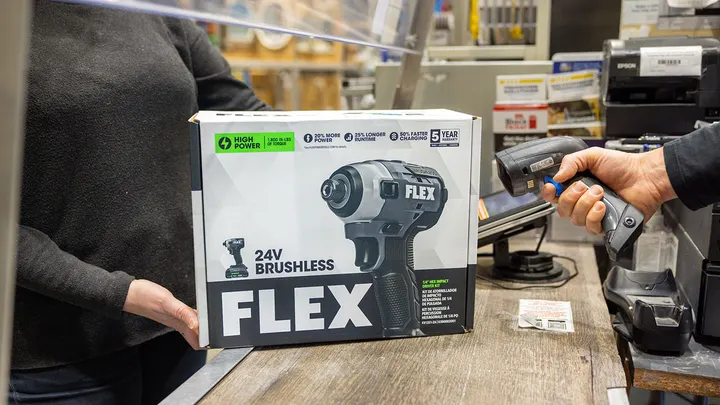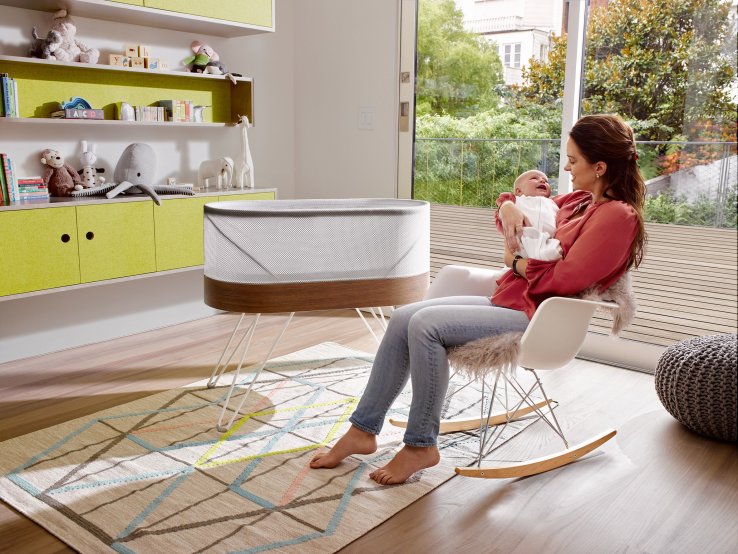This week’s show starts with an overview of the reviews for the new second generation HomePod and a deep dive into the security mess that Anker has made with its Eufy smart home cameras. We then dig into some earnings from IoT chip providers NXP and Silicon Labs, before discussing some new ideas to use RFID to prevent retail theft. We then talk about how the demand for retail tech could be generating demand for better broadband in places where broadband isn’t really all that robust. Then we cover news of a $100 million fund for Industry 5.0 companies (and explain what Industry 5.0 is) and share news of a new smart lock and a new integration for Ecobee. We talk about plans for noise sensors in NYC and Kevin’s review of a $20 Matter-capable smart plug. Finally, we answer a listener question about which video doorbell option makes the most sense, given their particular needs.

Our guest this week is Kevin Fu, who is a professor of electrical and computer science at Northeastern University, and the former acting director of medical device cybersecurity for the Food and Drug Administration. I’ve followed his efforts to hack physical sensors for years, and was excited when he started focusing on medical device security for the FDA. On the show, he discusses new federal legislation that will require companies to get an FDA review of their medical device’s cybersecurity before it goes on the market. This is a first for the U.S. in terms of requiring some sort of cybersecurity review before a product is released, and it might become an inspiration for legislation in other industries going forward. We also talk about how to regulate AI in healthcare and more. Enjoy the show.
Hosts: Stacey Higginbotham and Kevin Tofel
Guest: Kevin Fu, professor of electrical and computer science at Northeastern University
Sponsor: Akenza
- Transparency is helpful, but not a panacea for privacy
- The chips are down, but not in the IoT
- What is Industry 5.0 and why does it matter?
- The Patch Act didn’t pass, but some elements of it did
- What kind of regulations make sense for AI in medicine?
Podcast: Play in new window | Download | Embed
Subscribe: RSS


